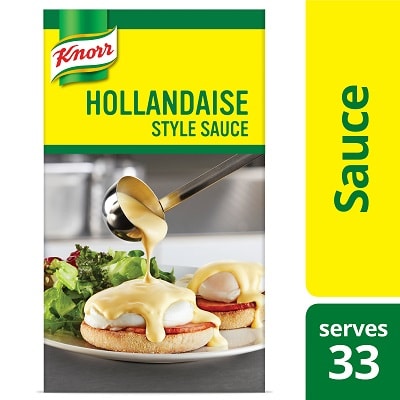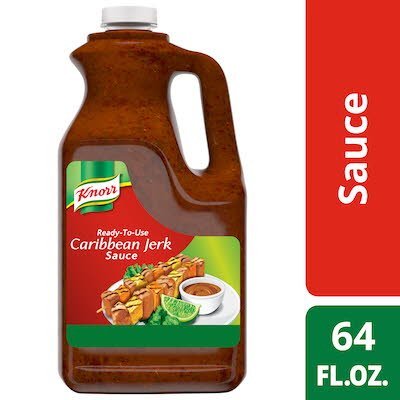In a restaurant, the chef is able to control many aspects of the customer experience; from suppliers to cooking and serving. However, now with food delivery becoming more commonplace, there are new challenges to ensuring a customer receives the quality of food intended.
Here are 5 factors that have an impact on how well your dishes travel.


Consistency & Texture
Problem:
Saucy pastas are one of the more difficult dishes, as sauces may clump or separate. The pasta may continue to cook when packed in an insulated box, or absorb the sauce during delivery, resulting in the dish being dry.
Solution:
Pack the sauce and pasta separately, and let the customer mix them before eating. You can also create the sauce using ingredients like Knorr White Sauce Mix, or add them to scratch-made sauces to make them more stable.

Temperature & Visuals
Problem:
Due to temperature changes during transport, the consistency of dishes like soups and stews may change, making the dish look less appealing. Stir-fries can become less vibrant and dull due to the sauce breaking down, and fresh vegetables and salads may not arrive in peak condition due to the transfer of heat during transport.
Solution:
Knorr ingredients contain modified starches that can maintain the consistency and texture of your sauce. For stir-fried dishes, Knorr Rock Sugar Honey Sauce gives them a stable gloss and vibrancy. Also, try using achar, pickles or root vegetables that withstand heat better.

Packaging
Problem:
Try using leak-proof packaging to ensure that the dishes get to their destination without popping open and spilling. Alternatively, have the packaging wrapped and sealed to minimise leakage and the resulting mess.
Solution:
Apart from ensuring the quality of your dishes, you also need to address challenges faced during the actual transportation. For example, liquid-based dishes can spill and ruin the dining experience if they’re not packed properly in tightly sealed containers.








